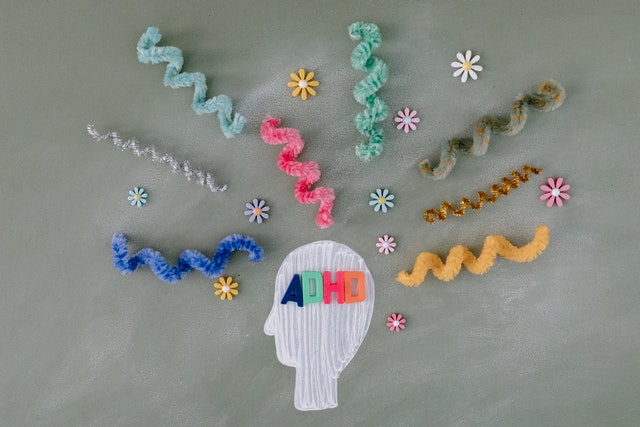“How could you forget… again?!”
“Is it really that hard to pay attention?”
“You are such a failure.”
These are harsh words toward anyone. But when you struggle to manage your ADHD, they are not uncommon to direct toward yourself as well.
Feeling like a failure often goes hand-in-hand with ADHD. You always feel like you’re “dropping the ball,” so to speak. Plus, you get constant reinforcement from other people, even those whom you care about, that you just don’t measure up.
However, it doesn’t have to be this way. Consider these constructive tips for managing your ADHD.
1. Take an Inventory
First, take an inventory of both your strengths and weaknesses. You may be wondering why you should do so. After all, won’t this make you feel more like a failure?
But that’s not the intent at all. Instead, in order for you to manage your ADHD, you need to know which symptoms you are struggling with.
For example, such things as:
- Getting distracted all the time
- Doing things impulsively
- Daydreaming
- Having lots of energy and nowhere to put it
- Trouble organizing, planning, and staying focused.
Of course, this shouldn’t be specifically a list of all the negative aspects of ADHD. Consider putting the positive attributes, such as spontaneity, energy, and passion on that list as well.
2. Work on One Symptom at a Time
Next, to better manage your ADHD, work to address one symptom at a time. For example, let’s say that through your inventory, you identified ‘organization’ as a problem. Thus, research ways in which you can better stay organized and on task.
For instance:
- Buying and using a planner
- Dividing bigger projects into smaller, more manageable pieces
- Using to-do lists
- Asking for support from a buddy who can help you to work through your organization process
It’s easier to focus on one symptom at a time because, let’s face it, you might get distracted!
Plus, you may also feel overwhelmed if you have identified multiple issues. Therefore, it’s best to direct your attention to one problem at a time. Then, as you gain mastery, you can move on to the next symptom.
3. Utilize Multiple Support Systems
When managing your ADHD, it’s critical that you take advantage and utilize multiple support systems. Although it can feel like you’re the only one who struggles with navigating a “neuro-typical world,” that’s not the case. In fact, because we understand so much about ADHD there are a lot of resources available.
These may include:
- Books
- Articles
- Videos
- Support groups
- Networking and social organizations
- Counselors and therapists
- Medication management (when appropriate)
Remember that it’s okay to ask for help. You don’t have to do this alone. Indeed, there are many Americans who have ADHD and lead successful lives, both at home and professionally.
4. Use Feedback the Right Way
One problem that contributes to feeling like a failure is receiving feedback. Why does this occur?
Over time you most likely received a lot of negative feedback directly related to your ADHD. Often, this started in school, where there is a lot of structure and organization or where you have to pay attention to subjects that are just not interesting to you. So, you lose focus and drift off, only to be reprimanded by the teacher.
This scenario continues into adulthood, where that negativity is reinforced at work and even in your personal life.
It’s important to realize that feedback—even if it’s sometimes negative—doesn’t have to reinforce feelings of failure. Rather, use feedback to reflect on how you can be more effective. Also, realize that not everyone is trying to put you down. Many are actually trying to help you.
—
To manage your ADHD you need to approach the issue from multiple angles. Taking an inventory, identifying specific problems, and utilizing different support systems are all great ideas. Also, it’s important to remember that feedback shouldn’t reinforce feeling like a failure.
If you have tried using the above-mentioned constructive tips and are still having trouble managing your ADHD, consider getting help through ADHD counseling. It would be my pleasure to give you the support you need.




